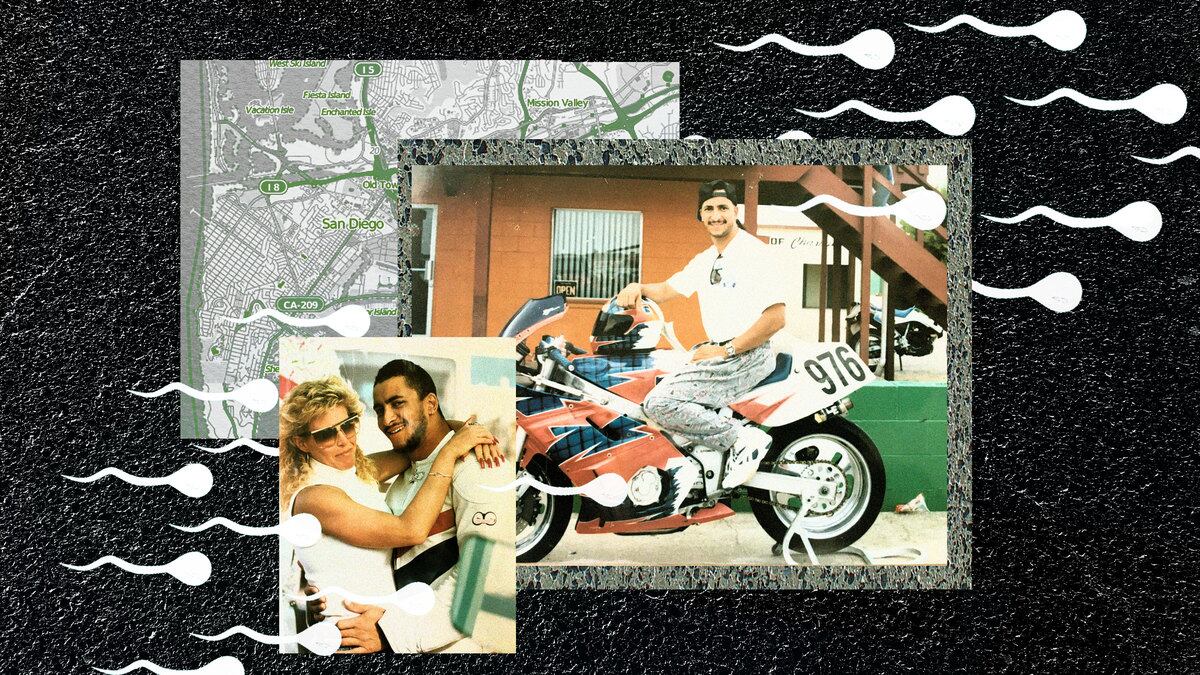Crime & Justice
Photo Illustration by Erin O’Flynn/The Daily Beast/Courtesy of Ridwaan Domingo, Pixabay, OpenStreetMap contributors/Wikimedia Commons
The ‘Easy Rider’ Bandit Robbed 12 Banks. Now He Reveals Why.
FAMILY BUSINESS
Ridwaan Domingo is telling his side of the story in the hope that he can be reunited with his family in the U.S.

Trending Now





